The Benefits of Fiberglass Insulation
When it comes to home improvement and energy efficiency, insulation is key. Among the many insulation options, fiberglass insulation stands out as a popular and effective choice. Its widespread use is due to its affordability, excellent performance, and environmental benefits. In this article, we’ll explore the many advantages of fiberglass insulation and explain why it’s a great option for both new construction and renovation projects.
What is Fiberglass Insulation?
Fiberglass insulation is made from tiny glass fibers that are spun or blown into batts, rolls, or loose-fill forms. Its purpose is to reduce heat transfer, helping to keep homes warm in winter and cool in summer. It works by trapping air within its fibers, creating a barrier that slows down heat movement. This simple yet effective principle is the basis for its many benefits.
-
Excellent Thermal Performance
One of the main benefits of fiberglass insulation is its excellent thermal performance. The effectiveness of insulation is measured by its R-value, which shows how well the material resists heat flow. Fiberglass insulation usually has a high R-value per inch, making it an efficient choice for keeping indoor temperatures comfortable.
- Effective Heat Retention: In colder months, fiberglass insulation helps to keep heat inside the home, reducing the need for extra heating. This is especially useful in regions with harsh winters.
- Cooling Efficiency: In summer, it prevents heat from entering the home, helping to keep indoor spaces cooler and reducing the strain on air conditioning systems.
By maintaining a steady indoor temperature, fiberglass insulation can make living spaces more comfortable all year round.
-
Energy Cost Savings
One of the most noticeable benefits of fiberglass insulation is the potential for saving on energy costs. By improving a home’s thermal efficiency, fiberglass insulation reduces the amount of energy needed to heat or cool a space.
- Lower Energy Bills: With better insulation, homeowners can expect lower energy bills since their heating and cooling systems don’t have to work as hard to keep the home comfortable.
- Quick Return on Investment: The initial cost of fiberglass insulation is often quickly recouped through savings on energy bills. This makes it a smart choice for long-term energy efficiency.
Studies show that well-insulated homes can save up to 30% on energy costs, making fiberglass insulation a good investment for reducing expenses.
-
Cost-Effectiveness
Fiberglass insulation is known for being affordable compared to other insulation materials. This makes it a great choice for both budget-conscious homeowners and large projects.
- Lower Material Costs: Fiberglass insulation is generally cheaper than options like spray foam or cellulose. This makes it a good choice for insulating large areas without spending too much.
- Ease of Installation: Fiberglass insulation is relatively easy to install, which can lower labor costs if homeowners do it themselves or hire a cost-effective professional.
Overall, the combination of lower material and installation costs makes fiberglass insulation a budget-friendly option.
-
Fire Resistance
Safety is an important factor in choosing insulation, and fiberglass insulation offers good fire resistance. The glass fibers used in fiberglass insulation are naturally non-combustible, meaning they don’t catch fire easily.
- Fire Safety: Fiberglass insulation can handle high temperatures without contributing to the spread of flames. This enhances the overall safety of the home, especially in case of a fire.
- Building Codes: Many building codes recognize the fire-resistant qualities of fiberglass insulation, making it a compliant choice for various construction and renovation projects.
By adding an extra layer of fire protection, fiberglass insulation helps to make homes safer.
-
Moisture Resistance
Controlling moisture is crucial for a healthy and efficient home. Fiberglass insulation is resistant to moisture, which helps prevent mold growth and maintains structural integrity.
- Non-Absorbent Material: Fiberglass doesn’t absorb moisture, so it keeps its insulating properties even in damp conditions. This is especially useful in areas with high humidity or occasional leaks.
- Preventing Mold: By resisting moisture, fiberglass insulation helps prevent mold and mildew, which improves indoor air quality and overall health.
This resistance to moisture is a big advantage, especially in regions with changing weather conditions or homes with existing moisture problems.
-
Environmental Benefits
In a time when environmental concerns are growing, fiberglass insulation offers several eco-friendly benefits. Its materials and manufacturing process contribute to its environmental credentials.
- Recycled Content: Many fiberglass insulation products are made with recycled glass, which reduces the need for new raw materials and lessens environmental impact.
- Energy Efficiency Contribution: By improving a home’s energy efficiency, fiberglass insulation helps reduce overall energy use and greenhouse gas emissions related to heating and cooling.
The use of recycled materials and its energy-saving potential make fiberglass insulation a sustainable choice for eco-conscious homeowners.
-
Durability and Longevity
Fiberglass insulation is known for its durability and long lifespan. Unlike some materials, fiberglass doesn’t settle or degrade over time, which means it keeps working well for many years.
- Low Maintenance: Once installed, fiberglass insulation needs very little maintenance. It doesn’t sag, compress, or break down significantly, maintaining its performance.
- Long-Term Performance: The long life of fiberglass insulation means homeowners can enjoy consistent thermal performance without needing frequent replacements or repairs.
This durability makes fiberglass insulation a reliable and low-maintenance option for long-term comfort.
-
Soundproofing Benefits
In addition to its thermal qualities, fiberglass insulation also offers soundproofing benefits. Its dense structure helps absorb and reduce sound transmission between rooms.
- Noise Reduction: Fiberglass insulation can help minimize noise from outside or between rooms, contributing to a quieter living environment.
- Enhanced Privacy: For those seeking more privacy, fiberglass insulation adds an extra layer of soundproofing that enhances comfort and reduces disturbances.
By improving acoustic comfort, fiberglass insulation adds another useful benefit.
-
Versatility in Application
Fiberglass insulation is versatile and can be used in various parts of a home, making it suitable for many applications.
- Attics and Walls: It is commonly used in attics, walls, and floors to boost thermal performance and energy efficiency.
- Crawl Spaces and Basements: Fiberglass insulation can also be used in crawl spaces and basements to prevent heat loss and keep temperatures steady.
This flexibility makes fiberglass insulation a practical choice for different types of construction and renovation projects.
Conclusion
Fiberglass insulation is an excellent choice for homeowners looking to improve energy efficiency, comfort, and safety. It offers top-notch thermal performance, affordability, and fire resistance, along with environmental benefits. Its durability, moisture resistance, and soundproofing qualities further enhance its appeal, making it a versatile option for both new builds and renovations. Overall, fiberglass insulation enhances the functionality and value of your property.
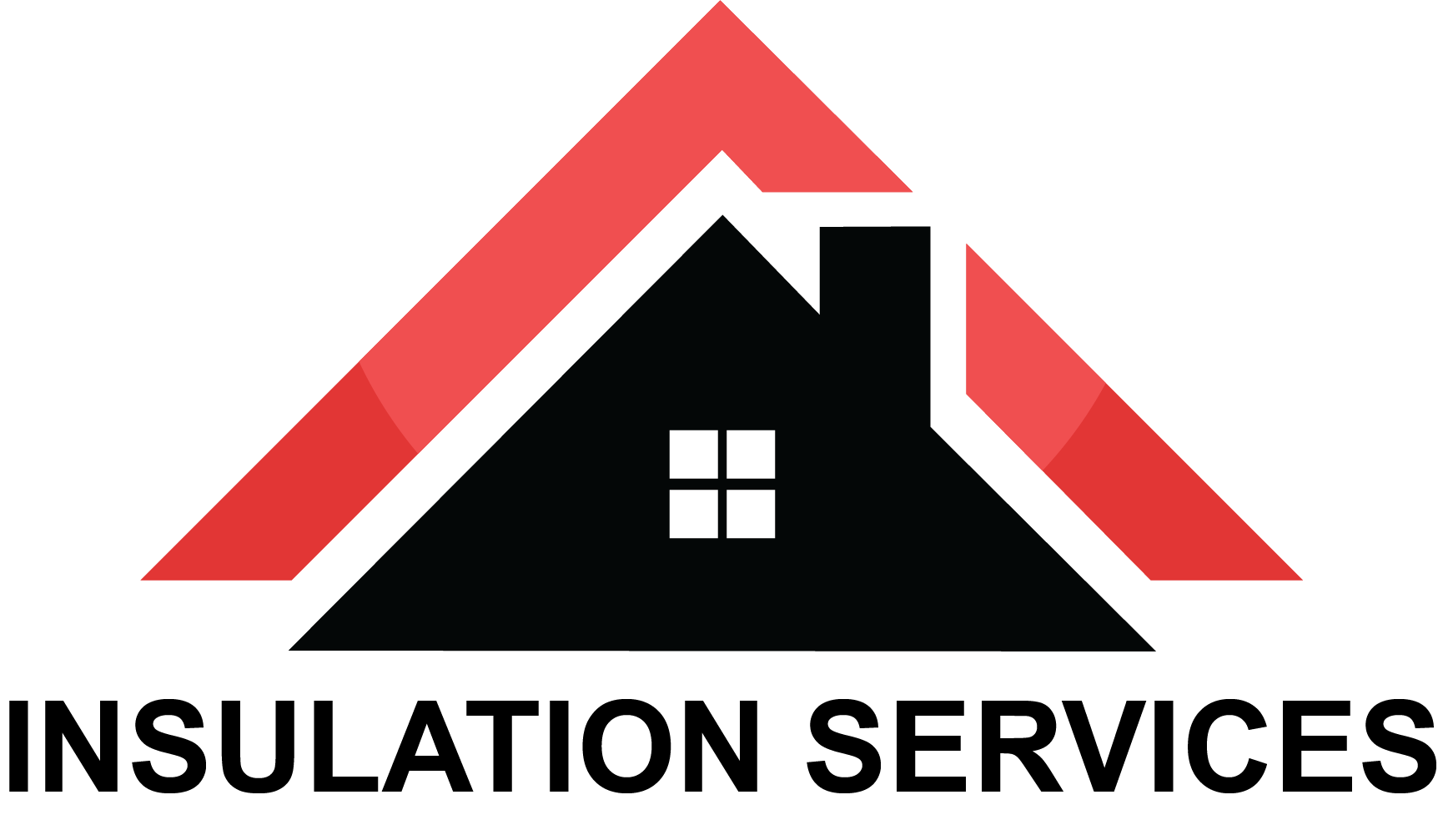
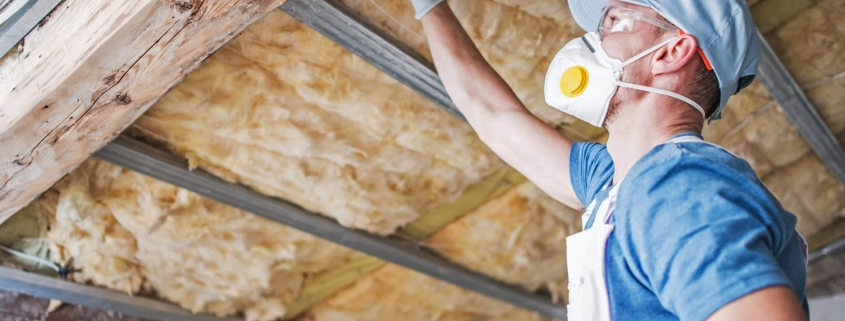
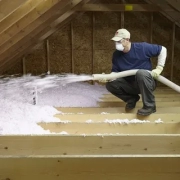
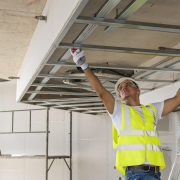
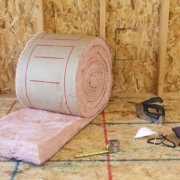



Leave a Reply
Want to join the discussion?Feel free to contribute!